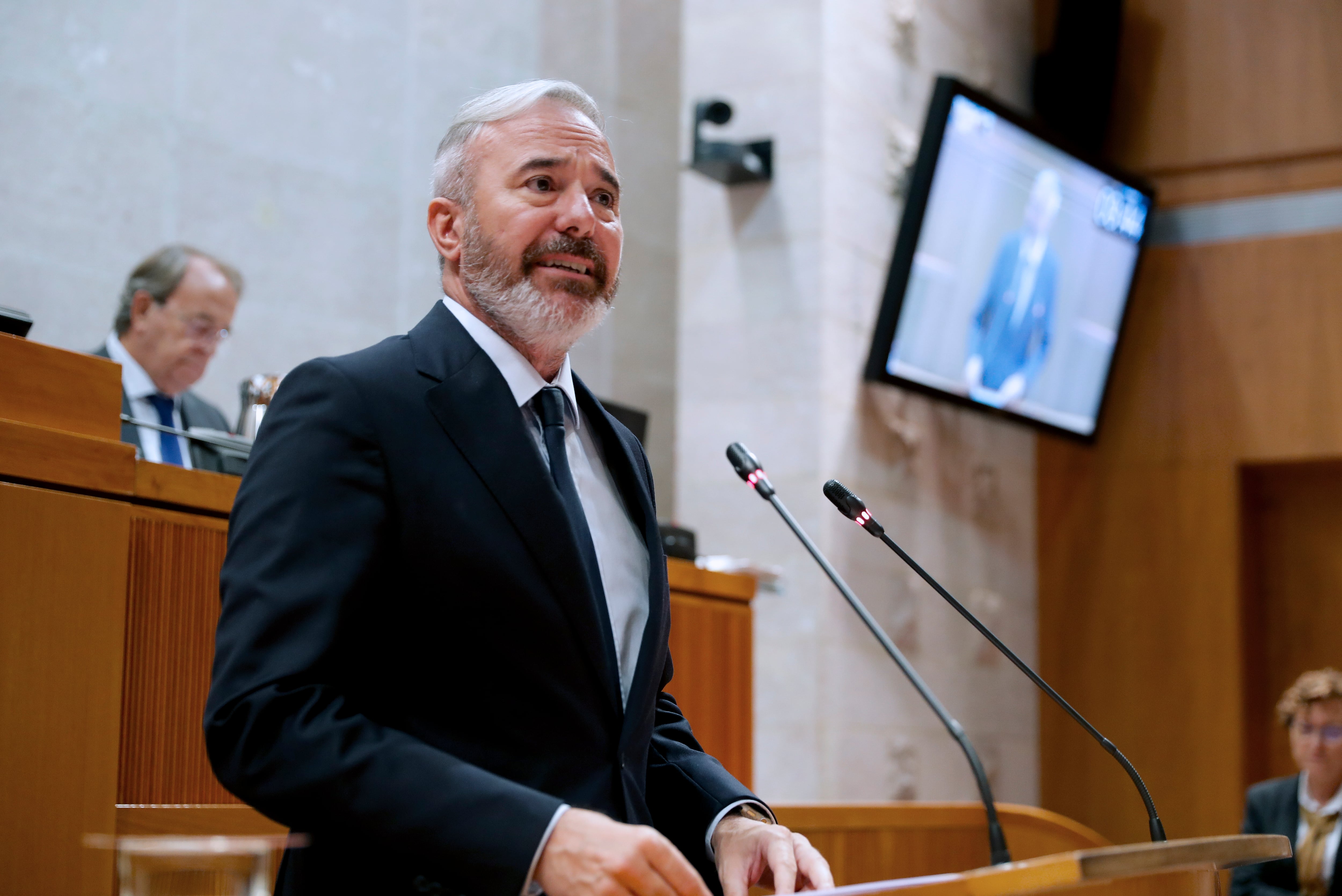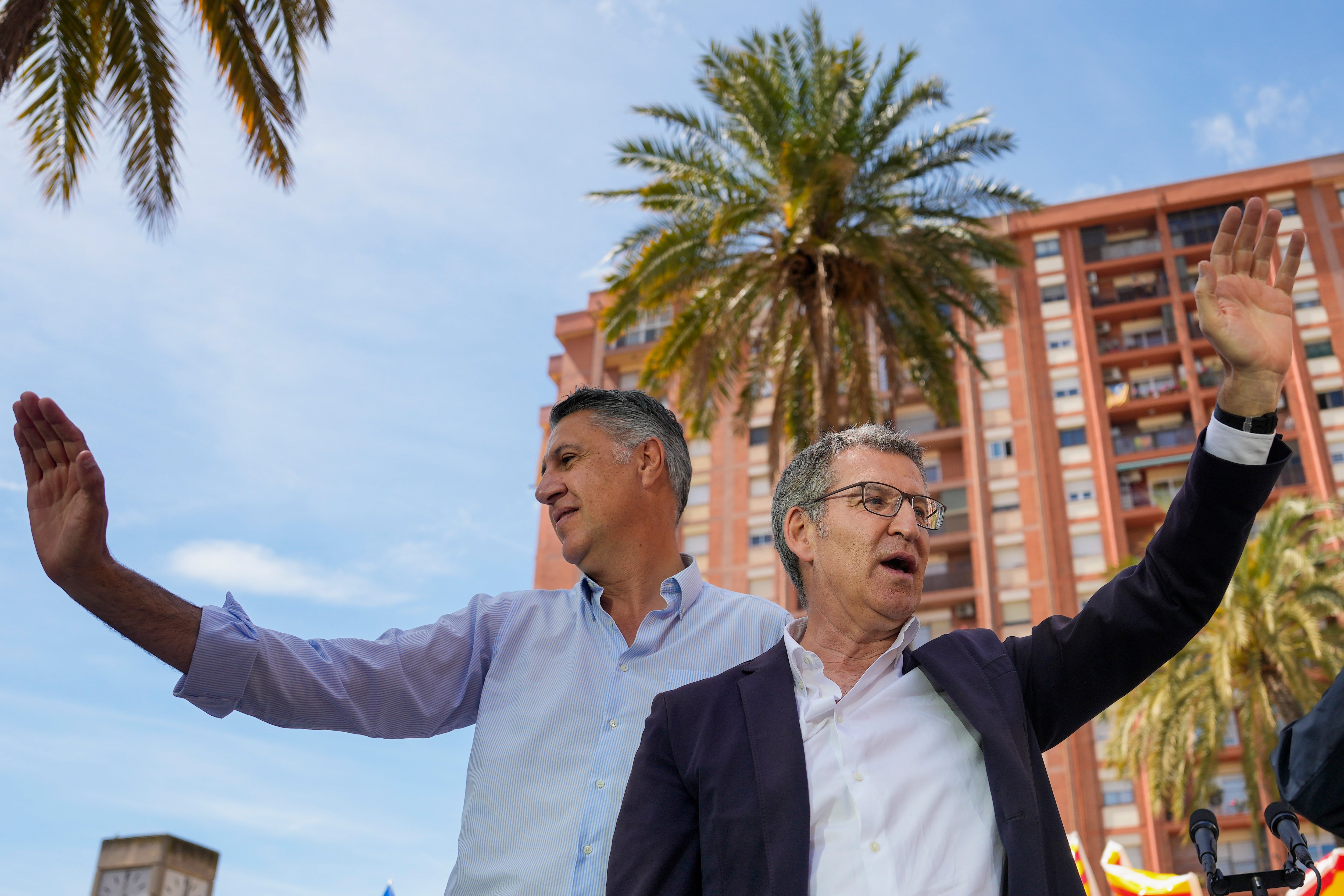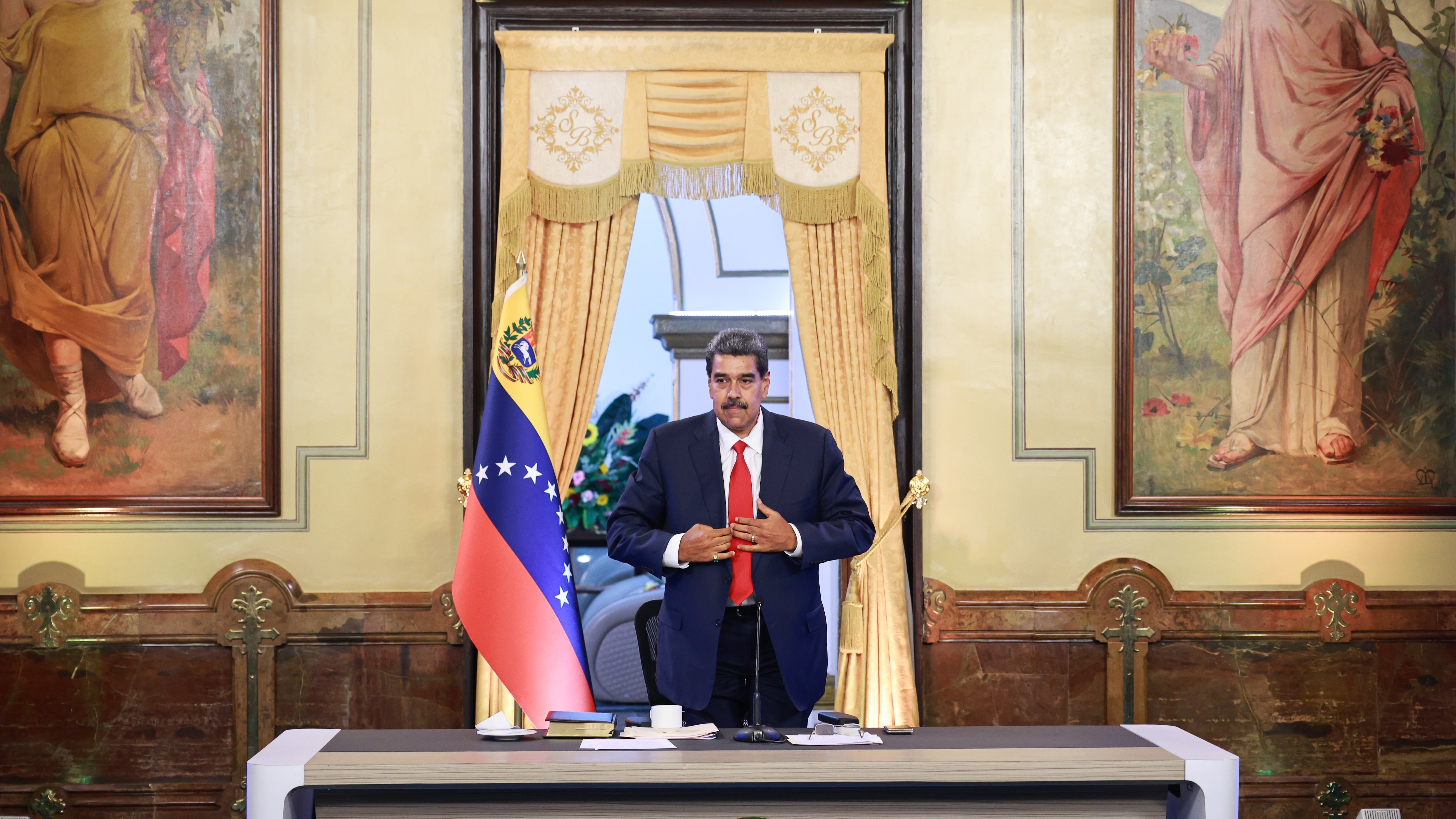The numbers just came in, and it looks like the historic inflation surge from 2022 is finally starting to ease. Consumer prices rose less than 3% in the last year.
Still, that doesn’t change the fact that a latte can cost up to $9 these days, which makes sense when you realize the price of coffee beans has increased 40% since before the pandemic.
As tempting as it is for inflation-weary consumers to blame these skyrocketing prices we saw on corporate greed, we should be careful to direct our ire at the real culprit: power hungry politicians. It’s true that average profit margins in US businesses have increased, but this is normal in an economy with high demand. A closer look into the underlying forces of the inflationary shock we have experienced over the last four years reveals the true culprit is political greed. More specifically, it’s the billions of dollars in cash politicians handed out in an effort to win votes.
US inflation took off in 2021. While easy money and low interest rates certainly played a role, these had been around for many years without kicking off inflation. The real catalyst was politicians showering consumers and businesses with cash during a lockdown-induced supply chain crisis. In short, we had too much demand chasing too little supply.
During 2020, the first year of the pandemic, Trump’s government handed out $300 billion in one time direct payments to households. As consumers were mostly at home, they spent a lot less and banked much of their stimulus. This led to billions of dollars of pent up demand that was unleashed when lockdowns ended. Trump showered businesses with cash as well, handing out more than $350 billion in small business loans and $500 billion in corporate loans. In many cases this money went to companies who didn’t really need it. All in all, the deficit during Trump’s last year was $3.4 trillion — which was nearly15% of GDP.
What did we expect would happen when vaccines arrived and consumers were finally allowed to leave their homes in 2021, with more cash on hand than ever before, and with factories and supply chains in complete disarray? Just like the textbooks told us, inflation took off.
Political greed continued during the Biden years. The president signed huge spending bills. In March of 2021, it was The American Rescue Plan,which injected a fresh $1.9 trillion into the economy. Then in November of 2021, the Infrastructure Bill followed suit with $1.2 trillion.
These two together injected a stimulus of 12% of GDP, in an economy with 5% unemployment. It’s no wonder inflation ballooned in 2022 and continued into 2023.
Meanwhile, businesses were striving to do their job, increasing supply to meet demand and balance the market. Higher prices play a key role here, as signals and incentives to businesses to invest and hire.
Are businesses greedy? Well yes and no. As a builder and leader of a global business, my job is to grow profit with the long term in mind. I know that to keep my customers I have to serve them brilliantly and innovate. If I chase the short term dollar by raising prices too high I risk losing customers. Now, are there businesses who do this anyways, jacking up prices too much during inflation in pursuit of short term gain? Sure, but market forces should sort them out. Over time, people will just buy their lattes somewhere else. Competition keeps prices in check.
What we really need to worry about is preserving competitive markets. It’s when markets get less and less competitive that high prices should start to worry us. If you run a monopoly, you can charge whatever price you want with no consequences. That’s what antitrust law is for.
Related Articles
Those who can’t teach become real estate developers
Universities must attack antisemitism head-on
Lisa Middleton: Proposition 36 is a step toward safer California communities
Big Medicine and Newsom square off in battle over billions in health care tax dollars
Donald Trump should endorse the ‘Defend the Guard’ Act
The price of coffee may seem a little insane, but today supply and demand are more in balance and inflation has come down. While the Fed is patting its own back for its victory over inflation, its policies have had a lot less impact on inflation than supply catching up with demand.
You’d hope US politicians would have learned their lesson about the dangers of kicking off inflation. But unfortunately, that does not seem to be the case. Federal deficits continue to be at record levels. Trump has big plans to reduce taxes and Harris would spend more — both of these policies are inflationary. Additionally, Trump is promising to deport ten million illegal immigrants, of which almost all have jobs, equal to 4% of the workforce, leaving many factories and farms without the labor they need. This would almost certainly lead to salary inflation.
Trump has also promised to put a tariff of 10% on all imports and much more on imports from China — a highly inflationary policy.
Enjoy your nine dollar latte today. In a few years, that price may seem like a pretty good deal.
Henrik Ekelund is the founder and Chairman of BTS, a global consultancy. He also writes on economic growth for the World Economic Forum and other publications






























_1729a08b06.jpg)